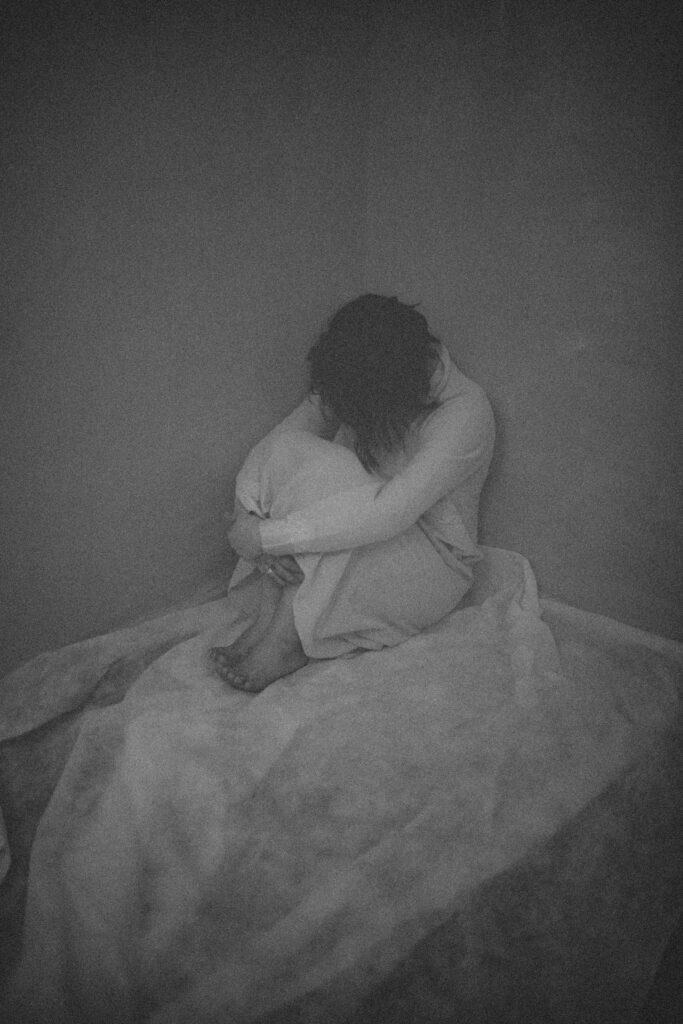Although most people believe depression is the number one mental health issue, it’s actually anxiety. There are many more cases of anxiety and it can manifest in a variety of forms such as: Generalized Anxiety Disorder, Panic Disorder, Social Phobia, and Obsessive-Compulsive Disorder (OCD) to name the more common ones. In most cases, the best treatment option depends on the diagnosis and the particular issues going on in a person’s life. Based on these variables’ healthcare professionals try to figure out the best treatment plan. Anti-anxiety medications are often part of the treatment plan when treating anxiety disorders. Broadly speaking most anxiety disorders are treated with antidepressants, benzodiazepines, or a few atypical anti-anxiety medications.
Generalized Anxiety Disorder
Generalized Anxiety Disorder is characterized by excessive worry, rumination, and preoccupation that is intrusive and affects concentration, sleep, and energy level to name just a few symptoms. In most cases, generalized anxiety disorder responds quite well to antidepressants. There are a wide variety of antidepressants that generally target the neurotransmitters for serotonin and norepinephrine. These medications need to be taken daily and generally take 3-6 weeks to build up in the bloodstream and provide some symptom relief. Most people notice improvements in sleep, appetite, energy, concentration, and moods. For many people, these provide enough symptom relief, but others can also benefit from some adjunctive counseling to help with their anxiety. Buspar is another anti-anxiety medication that has been shown to be effective with this condition. Like an antidepressant, it must be taken daily.
Panic Disorder
Panic disorder is characterized by the occurrence and experience of panic attacks which is the sudden onset of intense physical symptoms such as tightness in the chest, shakes, sweats, nausea, feeling lightheaded or dizzy. Panic attacks can last from minutes to hours but generally last for about 15-20 minutes. In many cases, anticipatory anxiety begins to develop around having the next panic attack. Often, panic disorder is initially treated in part with the class of drugs called benzodiazepines. Common brands prescribed include Xanax or Klonopin. These medications are sedatives and central nervous system depressants that work very quickly (15-20 minutes) and reduce anxiety and panic. The downside of their use is that over time people can develop tolerance, require higher doses, become at risk for withdrawal symptoms, and because they are a controlled substance they can be abused. They are also quite dangerous if mixed with alcohol or other drugs. Newer studies have also raised concern about long-term use and the increased risk for dementia. Because of some of these risks, most people are also started on an antidepressant to address underlying anxiety issues. Once the panic attacks are under control, most people can work toward weaning off the benzodiazepines and rely on antidepressants and/or counseling to address their anxiety issues.
Social Phobia
Social anxiety is a fairly common anxiety disorder characterized by increased worry, preoccupation, and especially anticipatory anxiety about being in social situations. Most people feel worried and concerned about their social presentation and feel intense scrutiny and fear of being judged negatively by others. This anxiety often leads to avoidance of social encounters and leaves the person feeling alienated despite desires to engage in social situations. For some people, engaging in social situations can trigger panic attacks. In most cases, counseling and therapy is the most effective treatment for social phobia. For certain types of situations such as public speaking, which may be intermittent, there has been some success with the medication Propranolol. This is a beta-blocker medication that relaxes blood vessels and slows the heart rate. Some people are able to use this medication on an as-needed basis for speaking engagements. Oftentimes, people are also given a trial of antidepressants to treat social phobia. If panic attacks are present, benzodiazepines may be used specifically to treat panic attacks.
Obsessive-Compulsive Disorder (OCD)
Obsessive-compulsive disorder is characterized by both an obsession, such as fear of germs, and compulsions that are intended to alleviate the anxiety stemming from the obsession. In this case, frequent handwashing may become the compulsion intended to reduce the fear of getting germs. There are a wide variety of manifestations of obsessions and compulsions. OCD often takes on a life of its own and interferes with normal functioning where people are spending 30 minutes to several hours daily engaging in compulsions in order to deal with their anxiety. Usually, OCD is treated with antidepressants that target serotonin. In most cases, to truly benefit from treatment there is a behavioral therapy component that involves cognitive behavioral therapy (CBT) and some type of exposure therapy element.
This is not an exhaustive list of anxiety disorders or anti-anxiety medications. That said, antidepressants and benzodiazepines are probably the two biggest classes of medications used to treat anxiety disorders. Working with your physician or psychiatrist, you should be able to develop a treatment plan that is best suited to your needs and your circumstances.
*Information provided should not be construed as medical advice and you should always consult a mental health professional for the best treatment for you.
If you are concerned about an anxiety disorder and would like to meet with one of our psychologists or psychiatrists about treatment options, please call us now at 763-416-4167, or request an appointment on our website: WWW.IPC-MN.COM so we can sit down with you and complete a thorough assessment and help you develop a plan of action that will work for you. Life is too short to be unhappy. Find the peace of mind you deserve.
To get more great resources, sign up for our newsletter, like us on FaceBook, or follow us on Twitter.
Innovative Psychological Consultants
Peace of Mind You Deserve
Schedule An Appointment
"*" indicates required fields


